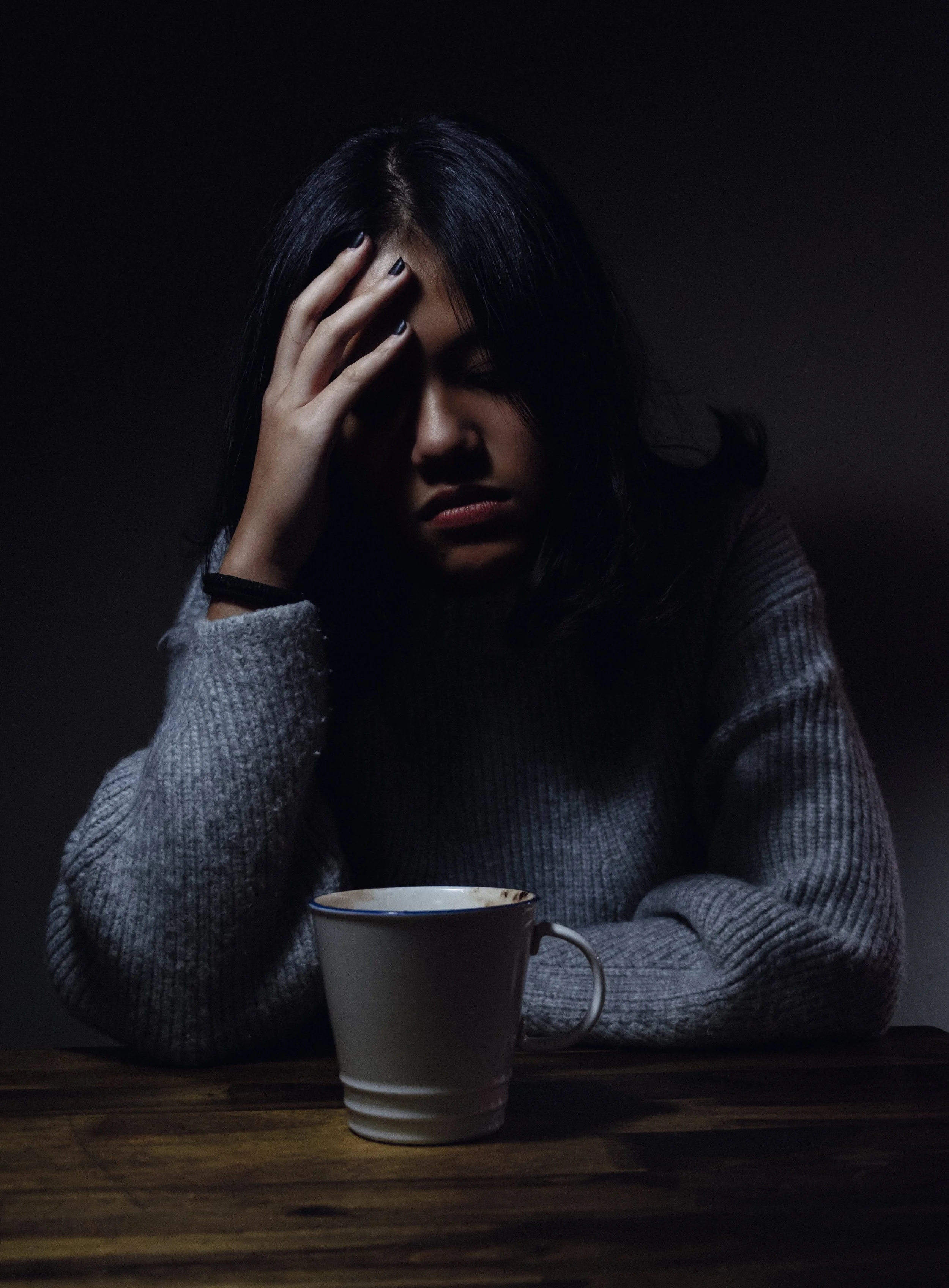I Caught Covid & Developed Binge Eating Disorder
According to the NHS, eating disorder rates have increased drastically since the global pandemic materialised and the importance of seeking help is more prevalent than ever before. At Love Food Therapy, I have certainly noticed an increase in enquiries specifically from people who either already have binge eating disorder, or people who have developed symptoms during the pandemic.
What is most curious? Many people I have consulted with have never experienced symptoms of this nor of disordered eating before. One of the main reasons could be that some people experienced difficulties in consuming food whilst ill, and as a result their bodies are most likely employing the same coping mechanisms as if one had been denied access to food due to famine or restricted food for dieting purposes.
When the human body is deprived of water, it is normal to expect a sudden overriding need to consume copious amounts of water in a short space of time. The same can be said for food. It is normal to expect our bodies to send our brains the signal that it needs sustenance in the form of a sudden re-feed. The difference however, is that we do not attache a sense of morality to consuming water; it’s not “naughty’ or “good’ to consume or restrict water for example because it lacks the calories that act as a catalyst for potential weight gain - something that is continuously demonised in a society that celebrates thinness and shuns fat bodies.
Our bodies however aren’t aware of social conditioning and frankly don’t care for the social consequences of gaining or losing weight. Its first priority is keeping us alive. All it knows is that you didn't have access to food for a while, so it's most likely trying to re-feed and make sure you have energy stored in case it happens again. Additionally, it may have developed into a binge eating cycle because our brain and body are being fed with endorphins again which signals survival.
So how can one cope with this sudden infliction of altered eating patterns? The fact that you're aware of it is the first step. When you feel a binge coming on, take a deep breath, sit with the food, allow yourself to look at it and enjoy the sight, allow yourself to eat with no limits. This is important because it’s human nature to want to be drawn to something we’re not “allowed” to do regardless of the fact that we logically don’t necessarily want to do it in the first place. Resisting will only make the brain rebel and send even stronger signals to override your ‘willpower’, much like a child having a tantrum. Try however to eat a little more slowly, take your time and enjoy all the sensations. Do not punish yourself if you are unable to do this step. Just pick up where you left off the next time.
If you can, tell yourself in your mind (almost like a mantra) these four statements:
I have access to food.
I have plenty of food.
Food will always be there.
I am allowed to eat this food"
The mind is like a computer. Sometimes altering certain circuits can help alleviate acquired symptoms.
Another reason however, is that there is a deep-rooted emotional trauma that needs to be healed. The human brain is wired to seek pleasure and avoid pain and is adept at discovering new ways to avoid confronting something which our brain has labelled as dangerous, something to avoid. The issue with this is that we cannot heal deep-seated emotional issues with external logical solutions. It is not possible to do a deep sea dive in a sail boat.
If you feel this resonates with you and would like help in uncovering the root cause of an issue you or a loved one are currently dealing with, you can book a free no obligations consultation call with me by clicking the button below.
I look forward to meeting you!













